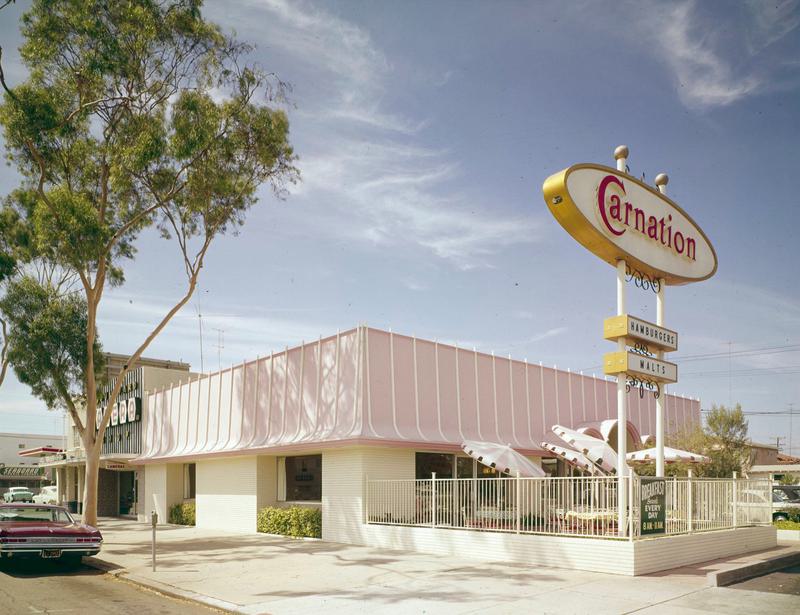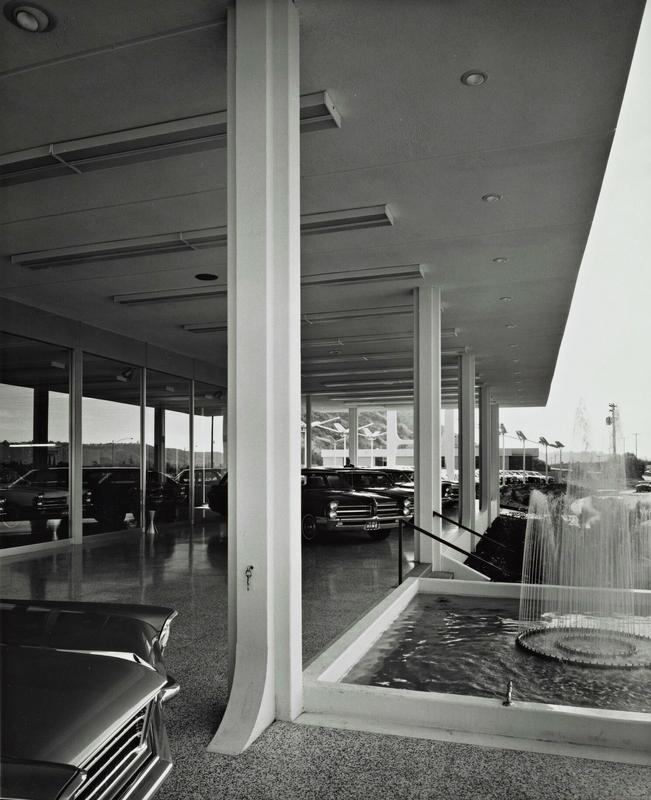Ragnar Colling Qvale
Architect | 1915 - 2001Immigrating from Norway as a teenager, Qvale established his office in Los Angeles in the mid-1950s and produced a handful of projects in San Diego County.


Ragnar Colling Qvale, a prominent Los Angeles architect was born in Trondhelm, Norway on August 26, 1915. According to the Los Angeles Times, “Qvale immigrated to Seattle with his family at 13. He studied architecture at the University of Washington, where he joined the ski team and competed in jumping, downhill and cross- country racing.
While working as a ski instructor in Sun Valley, Idaho, in late 1939, he taught skiing to movie mogul Darryl Zanuck, who brought Qvale to Los Angeles for a screen test and signed him as a $75-a-week contract player at 20th Century Fox. Qvale landed his first role--as a Nazi officer in the war drama “Four Sons”--the same day that the German army entered his native Norway.” During World War II. Qvale served in the US Navy as a Flight Officer, Lt. Sr. Gr, (1942-46) and later returned to Los Angeles where he established Ragnar C. Qvale and Associates (in 1955) as well as Q.A. Architectural Arts.
As an
architect, Qvale designed the Sands Hotel in Phoenix (1956), Sahara Hotel in
Las Vegas, Crawford Shopping Center in Montebello (1958), Tri Courtesy
Chevrolet, San Jose (1959), Sands Hotel, Abilene (1959), Deutsch Molding
Corporation Manufacturing Facility, Banning (1959) and American Builders
Housing Development (1960).
Ragnar Qvale died in 2001 at age 86.
Partial List of Projects
Carnation San Diego (ca. 1965)
San Diego
*Photographed by Julius Shulman in 1965
Courtesy Chevrolet (ca. 1965)
750 Camino Del Rio North, San Diego
*Photographed by Julius Shulman in 1965
John Hine Agency (ca. 1965)
1545 Camino del Rio South, San Diego
*Photographed by Julius Shulman in 1965
Can't Miss Modern!
Sign up for our newsletter and get exclusive content from Modern San Diego.